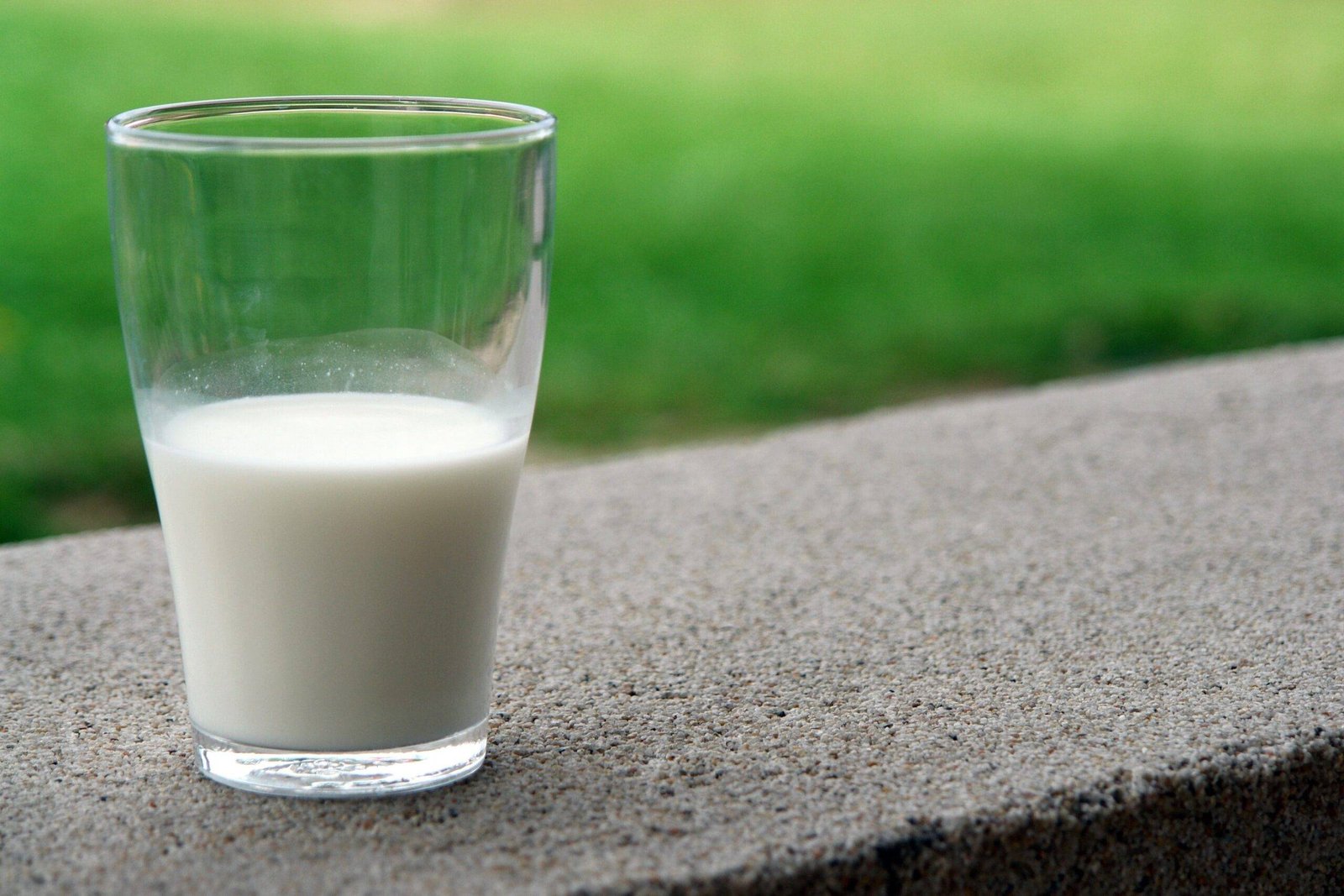
Protein and calcium are two essential nutrients that frequently take center stage in dietary discussions. While both play a crucial role in overall health, a long-standing belief suggests that high protein intake can deplete calcium in the body, particularly in milk. In this article, we will explore this myth and illuminate the intricate relationship between protein and calcium.
Understanding the Protein-Calcium Connection
The idea that protein depletes calcium stems from the fact that excess dietary protein can increase the acidity of the body’s pH levels. To counteract this acidity, the body may draw on calcium reserves stored in bones, leading to concerns about decreased bone density and an increased risk of osteoporosis.
The Truth About Protein and Calcium:
- Protein Sources Matter: Different proteins have varying impacts on calcium balance. Animal-based proteins, like those in meat, dairy, and fish, can affect calcium balance more than plant-based proteins.
- A Balanced Diet is Key: To counter potential adverse effects of dietary protein on calcium levels, a balanced diet with sufficient calcium intake is crucial. Dairy products, fortified plant-based milk, leafy greens, and calcium supplements contribute to calcium intake.
- Protein’s Role in Bone Health: Protein is essential for bone health because bones consist of a protein matrix that provides structural support. Adequate protein intake is necessary for maintaining bone strength and density.
- Other Factors at Play: Various factors, including vitamin D intake, physical activity, and hormonal changes, influence calcium balance. These factors should be considered alongside calcium and protein intake.
The Role of Milk in This Discussion:
Milk is often singled out in discussions about protein and calcium due to its prominence as a calcium-rich beverage. However, milk is not just a source of calcium; it also contains protein, including casein and whey proteins.
- Protein in Milk: The protein in milk is well-balanced with its calcium content. While it’s true that milk contains protein, which contributes to the body’s acid load, it also provides a substantial amount of calcium to counteract this effect.
- Calcium Absorption: Milk contains lactose, a sugar that enhances calcium absorption. This, along with the calcium naturally present in milk, helps offset any potential negative effects of protein on calcium balance.
Balancing Protein and Calcium Intake:
- Diversify Protein Sources: Incorporate a variety of protein sources into your diet, including both animal- and plant-based options. This can help provide a balanced nutrient profile.
- Adequate Calcium Intake: Ensure you meet your daily calcium requirements through milk, dairy alternatives, leafy greens, and calcium-fortified foods.
- Vitamin D: Vitamin D is essential for calcium absorption. Spend time in the sun or consider vitamin D supplements if necessary.
- Regular Exercise: Engage in weight-bearing exercises to promote bone health.
In conclusion, the notion that protein depletes calcium in milk is a complex and somewhat misunderstood concept. While high protein intake can impact calcium balance, particularly in a diet lacking calcium-rich foods, maintaining overall health hinges on balance and a well-rounded diet. Furthermore, calcium is crucial for bone health, and protein plays a pivotal role in supporting that structure. Therefore, by incorporating a variety of nutrient-rich foods into your diet and considering all factors that influence calcium balance, you can enjoy the benefits of both protein and calcium without compromising your health.





